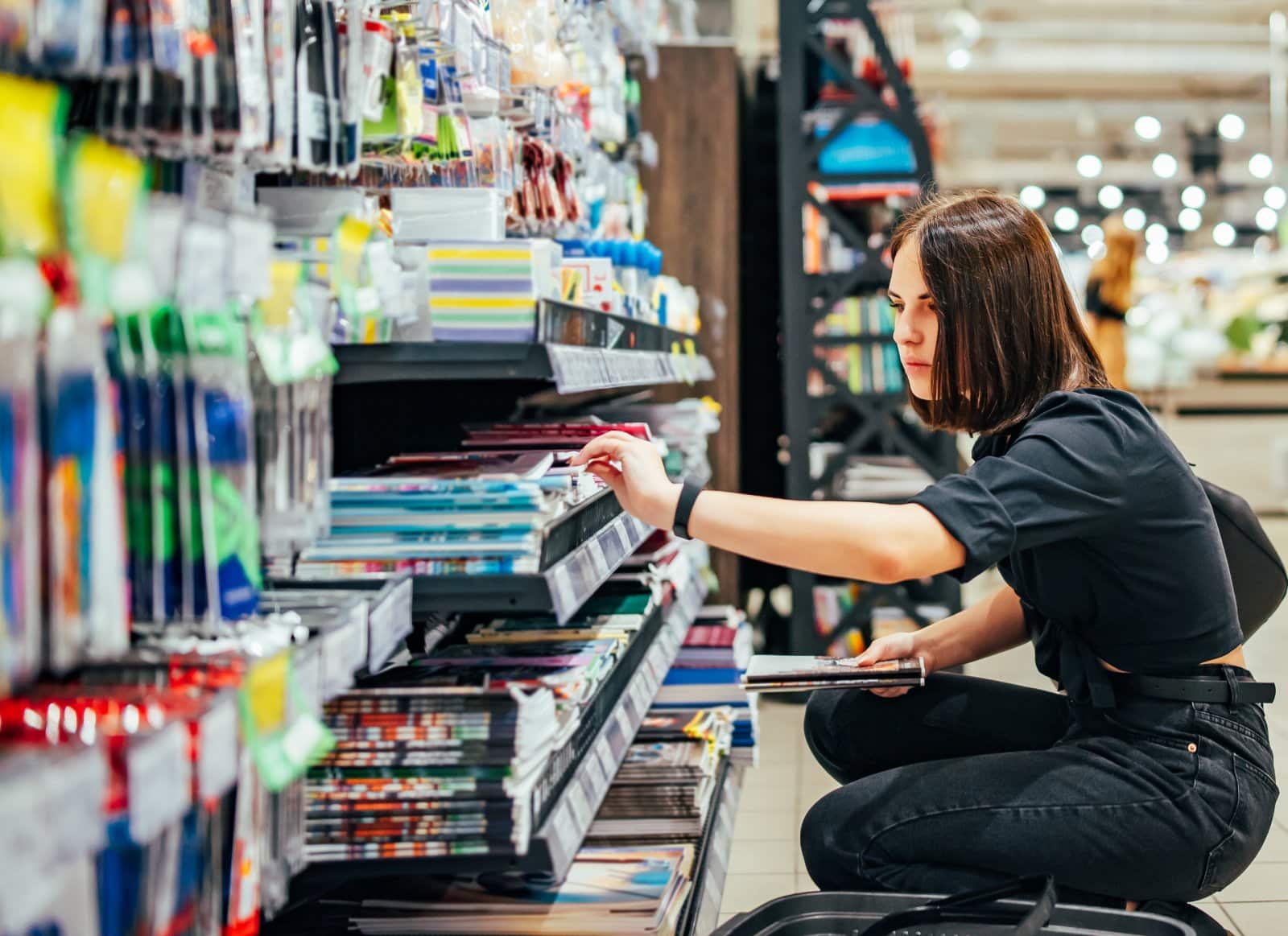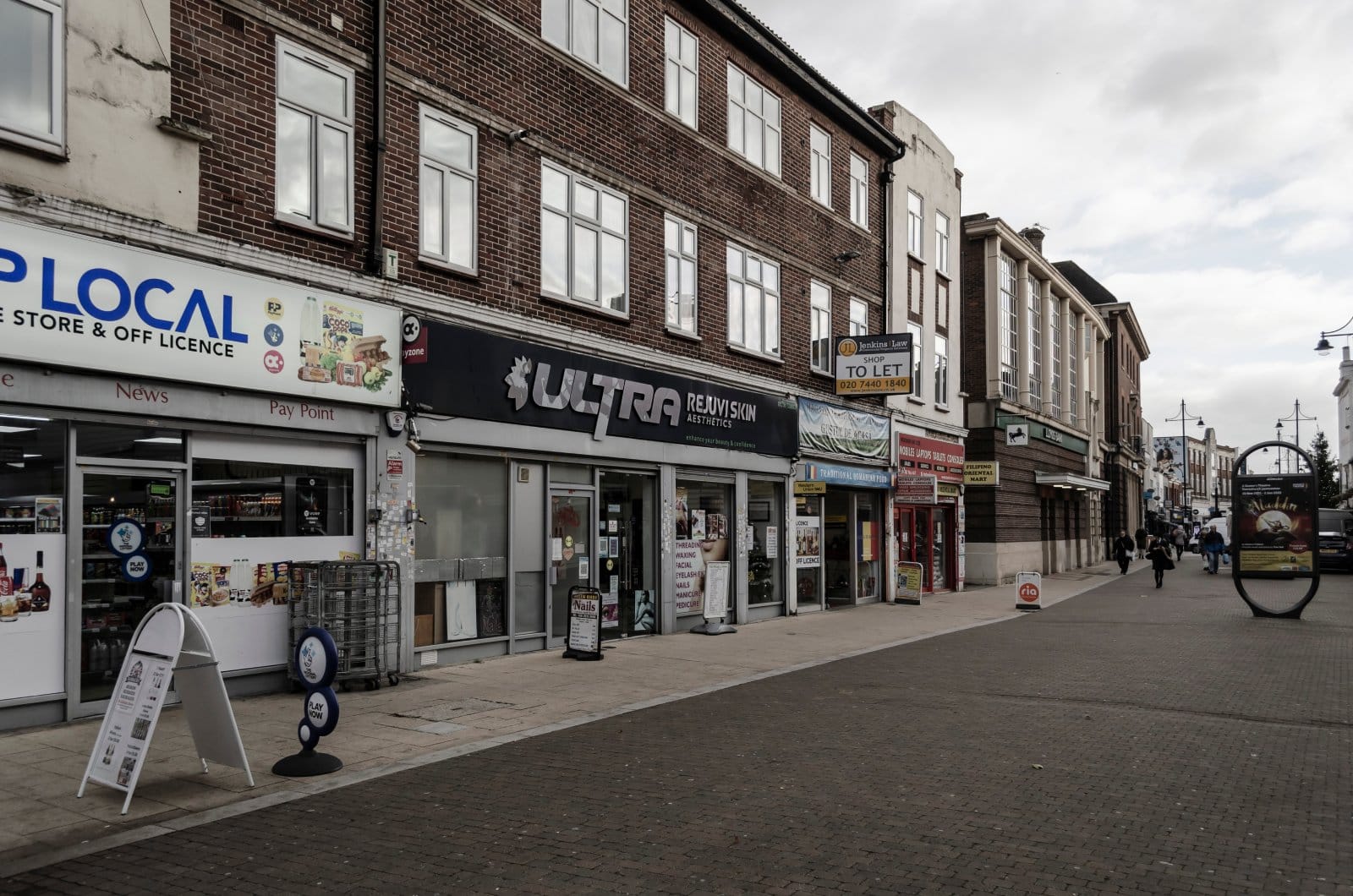The “Banana Trick” has become a widespread trend at self-checkouts, with some shoppers even claiming they “shouldn’t be charged for a crime.”
The Birth of the Banana Trick

A while into the launch of self-service checkout in Britain, customers soon discovered a sneaky way of stealing without sounding too many alarms. This devious strategy is known as the Banana Trick.
How Does It Work?

Scan an inexpensive item and walk out with something more expensive, the Daily Mail reported. This is the principle of the “banana trick.”
New Tech, New Problems

Most companies are gearing towards using better technologies for efficiency. Retailers often look to improve the services and experience of their shoppers. However, while businesses are genuinely trying to improve things for consumers, it’s coming at a cost.
Since the 1980s

Christopher Andrews, a professor and the Chairman of Sociology at Drew University, said self-checkout technology has been around since the 1980s, according to The BBC. It was further installed in businesses that could afford such advanced tech as early as the early 1990s.
Nearly 100,000 Retailers Have It

To date, an estimated 80,000 retail stores have implemented self-checkout tills, and many stores have reported stock losses.
It Was a Bright Idea

While at the hype of its implementation, self-checkout technology and the proposed benefits for the future was the best idea ever. Not only would it cut the cost of hiring employees, but it would also in some way, drive down certain overheads.
People Don’t Regard Banana Trick as a Crime

According to The Daily Mail, a survey asking average UK shoppers whether they ever stole at the self-checkout revealed shocking statistics. Up to 48% of shoppers admitted to using the banana trick. Many of these shoppers said it shouldn’t be considered a “criminal act.”
Stole Something for £1 or Less

Many of those who stole goods under £1 said they did so using the banana trick. They’ve also said that it shouldn’t be considered a crime, reports said.
Didn’t Pay – But It Was an “Accident”

IPOS, the multi-national market research firm based in France, has statistics showing that 26% of shoppers using the self-checkout admit to “accidently” not paying for an item.
Didnt Pay for Item Less £10

Many shoppers admitted to taking items worth £10 or less and not paying at the checkout. 70% of those taking the survey said it should be a charged offense, while 26% said it shouldn’t be taken seriously.
Nearly Half a Million Shoplifting Reports

According to The Daily Mail, shoplifting is one of the highest recorded and stands at a staggering estimate of 444,000. Now, with this new shoplifting scam some shoppers have gotten into, it almost makes shoplifting easier to get away with.
Losing Money

Reports suggest retail businesses with self-checkout tills lose millions. Extra security measures have been implemented to mitigate the situation. Retail outlets have reportedly spent over £500,000 for additional security.
SKU Checks

Catching the perpetrators is nearly impossible. Store owners struggle to find the banana trick amidst the end-of-day details. One of the ways businesses investigate these crimes is by checking stock-keeping unit (SKU) products scanned by those in the store at the start of the day.
Installation of High-End CCTV

CCTV cameras are another effective way for retail owners to keep an “eye” on things in the store. It helps to employ security services to take action once the camera picks up irregularities.
Automated Alerts

Companies also implement automated alerts that tie to the banana trick. When the system tracks a transaction using the banana trick, the system is programmed to alert the store owner or manager, and then action can occur.
The Banana Trick Infiltrates Restaurants Too

According to Alegience, restaurants are not safe from this trick either. In the case of a restaurant, it’s more of a “two-man job.” If the diners are acquainted with the server, the server could ring up a cheaper meal or beverage while delivering more than the items rang up.
Reports Can Assist

Experts suggest setting up a system showcasing reports of items the server rang up for that day. Items that seem lower than reasonable for the store’s meals should be flagged. Disciplinary action should follow after reasonable proof and evidence of “cheating the system” is found.
Employ Minimum Staff

As a means to oversee the shop, some owners resort to employing a few workers to manage the store.
Close Checkouts at Certain Hours

With minimum staff, stores can resort to closing checkouts and limiting access only with the help of a staff member. In this way, customers are not always given “free reins” and the potential opportunity to shoplift.
Self-Checkout Here to Stay

Despite the implications and now higher levels of theft, store owners believe that solutions to prevent the “banana trick” from thriving in their store is a key way to eliminate it. Many stores with self-checkout have already invested millions in having the system in place, and it would seem a waste to cancel all that effort.
The Great Escape: Wealthy Brits Flee to Dodge Labour Taxes

As the UK prepares for potential tax reforms, the wealthy flee in droves to avoid paying their fair share, sparking a contentious debate over tax avoidance and economic unfairness. Here’s the full story. The Great Escape: Wealthy Brits Flee to Dodge Labour Taxes
20 Signs Millennials Are Rejecting the UK’s Woke Culture

Are Millennials across the UK starting to question the pervasive ‘woke’ culture? As they navigate an increasingly complex social and economic landscape, many are seeking more practical, nuanced approaches. 20 Signs Millennials Are Rejecting the UK’s Woke Culture
New Era: Labour Enforces Strict Immigration Control With Deportations and Convictions

More than 40 criminals and migrants are sent back to Vietnam and Timor-Leste. It’s a victory as a UK-based criminal gang is sentenced. Here’s the story. New Era: Labour Enforces Strict Immigration Control With Deportations and Convictions
Featured Image Credit: Shutterstock / photocritical.
The images used are for illustrative purposes only and may not represent the actual people or places mentioned in the article.

